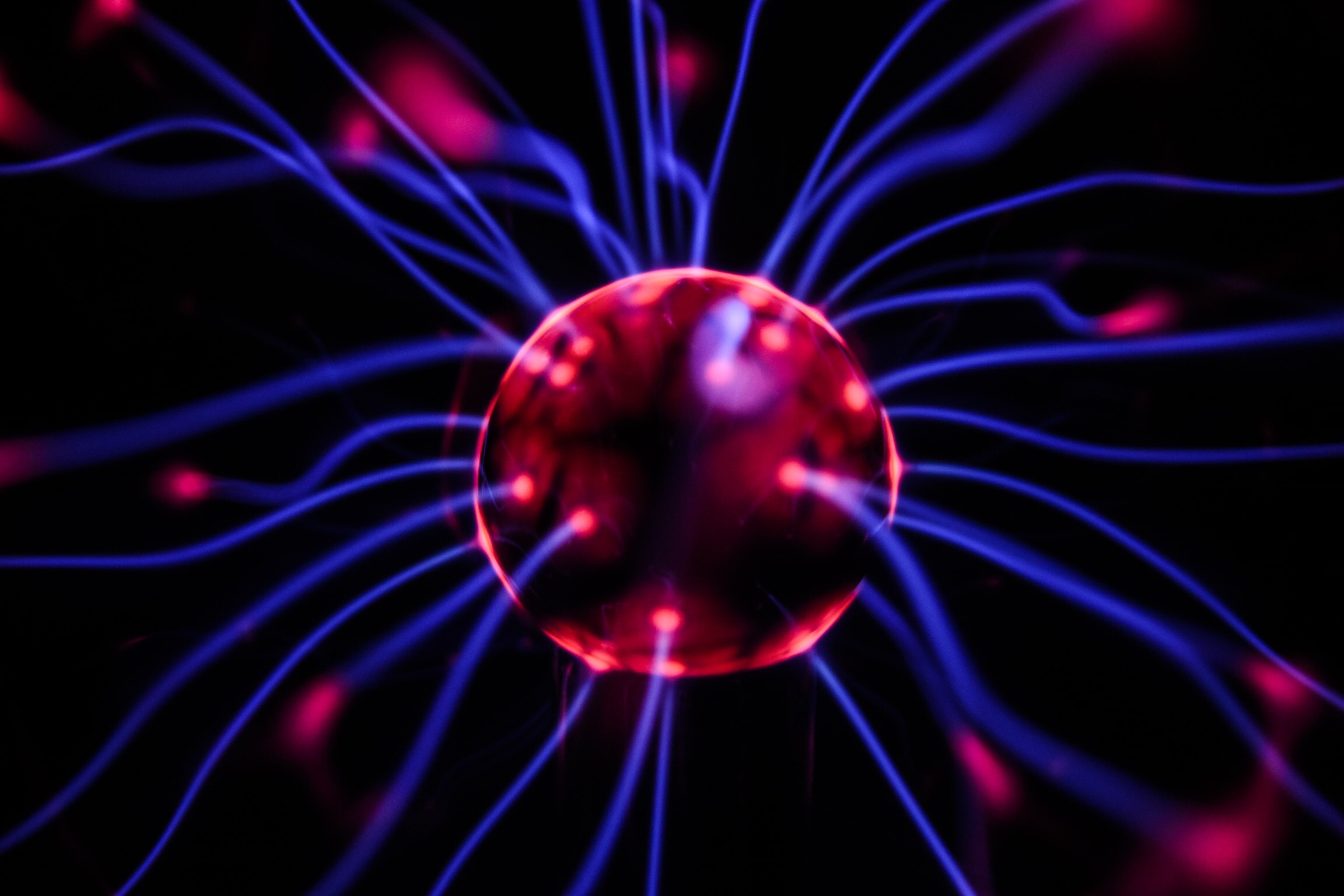Our research in cognition and neuroscience involves both neurologically healthy volunteers and those who suffer from brain-abnormalities. It concentrates on two key areas: visual cognition, attention and memory and language and communication.
Visual cognition, attention and memory
Research on this topic focuses primarily on the role of vision and visual perception in human performance. The aim of this work is to identify the cognitive processes and neurological mechanisms that underlie various visual tasks. Studies with neurologically healthy volunteers examine issues such as:
- face recognition and identification
- eyewitness testimony
- person detection
- emotion processing
- episodic memory
- pattern and motion recognition.
Our research also examines a range of psychological disorders, including unilateral visual neglect, addiction, dementia and persistent vegetative state. We are interested in examining the cognitive nature of these disorders, which includes assessing attentional biases, visual experiences and neurological activity. Much of our work also has an applied motivation, for example helping to develop better therapies for people with brain injury.
Language and communication
Research in this group examines various aspects of semantic, pragmatic, morphological and syntactic understanding.
Research questions on adult populations include
- the role of executive functions in successful language use and communication
- how language influences attentional processes and perspective taking
- anomaly detection in reading
- brain structural and functional correlates of grammatical processing.
Our work on developmental populations examines issues such as
- how children learn to understand and produce sentences in their own language
- how children learn conversational conventions and self-repair
- developmental disorders of communication, including autism spectrum disorders and dyslexia
- bilingual language acquisition and processing.
This research group has links with researchers in the School of European Culture and Languages, as part of the Centre for Language and Linguistics.
